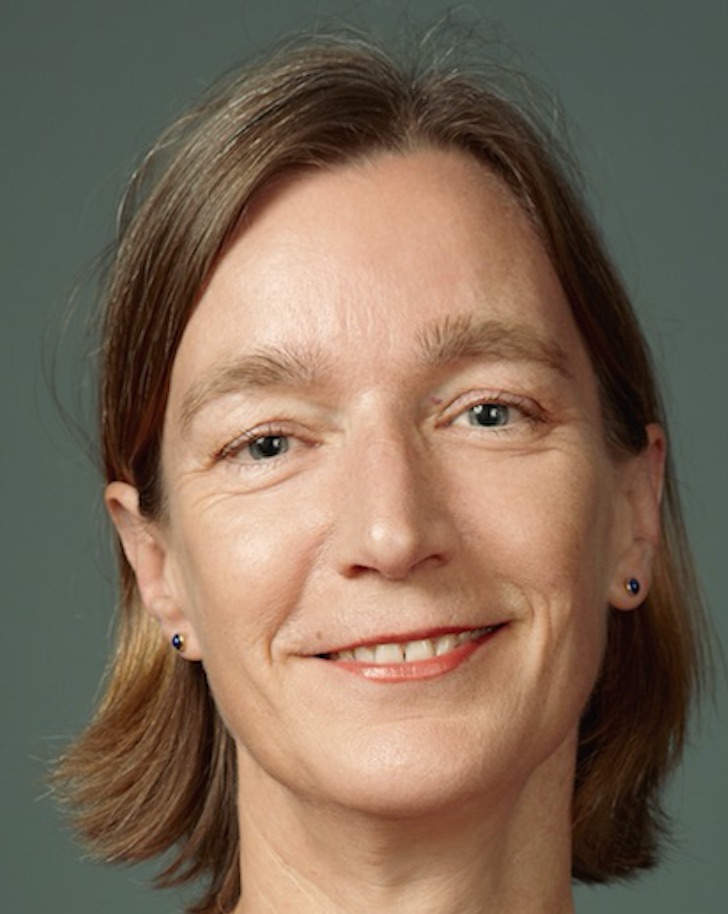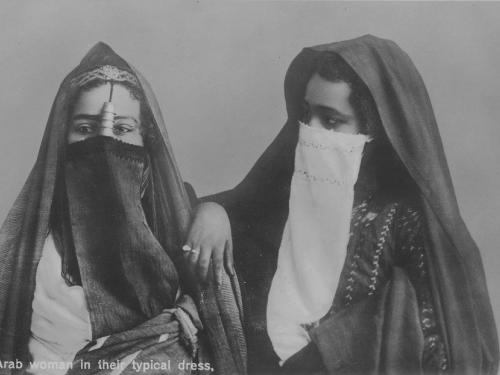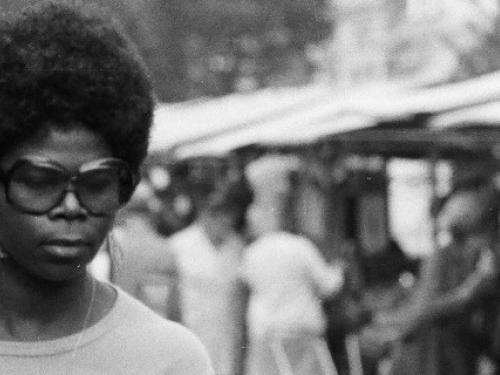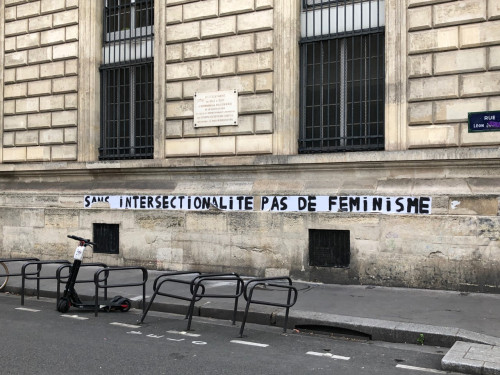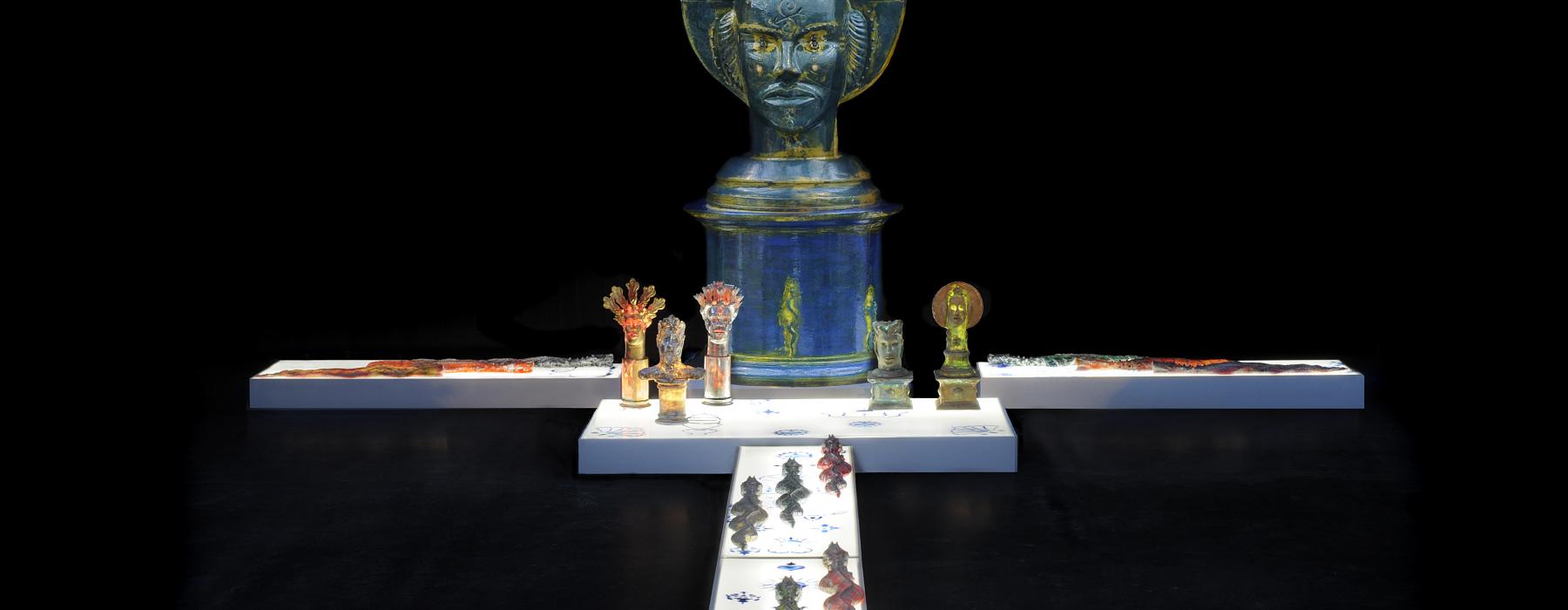
The Dutch heritage sector is currently highly committed to achieving more diverse, inclusive, and accessible cultural institutions, as evidenced by the renewed national “Cultural Diversity Code” and the Museum Association announcement of 2019 as year of “connection and inclusivity” for employees and visitors. The 2018-Roadmap SMART Culture explains this sea-change as partly due to the “critical visitor”, making new demands to present culture through physical, virtual, and interactive means, accessible for all abilities and inclusive of all backgrounds. Although these observations are right, we need to go further than concentrating on empirical research on publics or visitors to fulfill such demands. Neither does an “add-and-stir” identities inclusion model help to transform heritage spaces in a long-term sustainable fashion. Instead we need to develop cohesive strategies, involving different stakeholders pivotal to the Dutch heritage sector.
The proposed research project will take an “intersectional approach” towards inclusivity and accessibility. Consisting of fifteen consortium partners from the heritage sector active in six work-packages we will test and make recommendations to foster such inclusion. Our aim is to enable cultural institutions to implement daily working practices (selection, collection, preservation, display, interaction) that alleviate structures of exclusion. Through the method of triangulating “theory-ethics-practice,” the project will innovate the field of critical heritage studies and propose a palette of inclusive practices that fulfill today’s ethical standards set by governmental bodies and critical voices in heritage spaces. The policy-driven, scholarly, artistic output of enhanced tools and concepts will establish a new benchmark in museological theory and practice.
